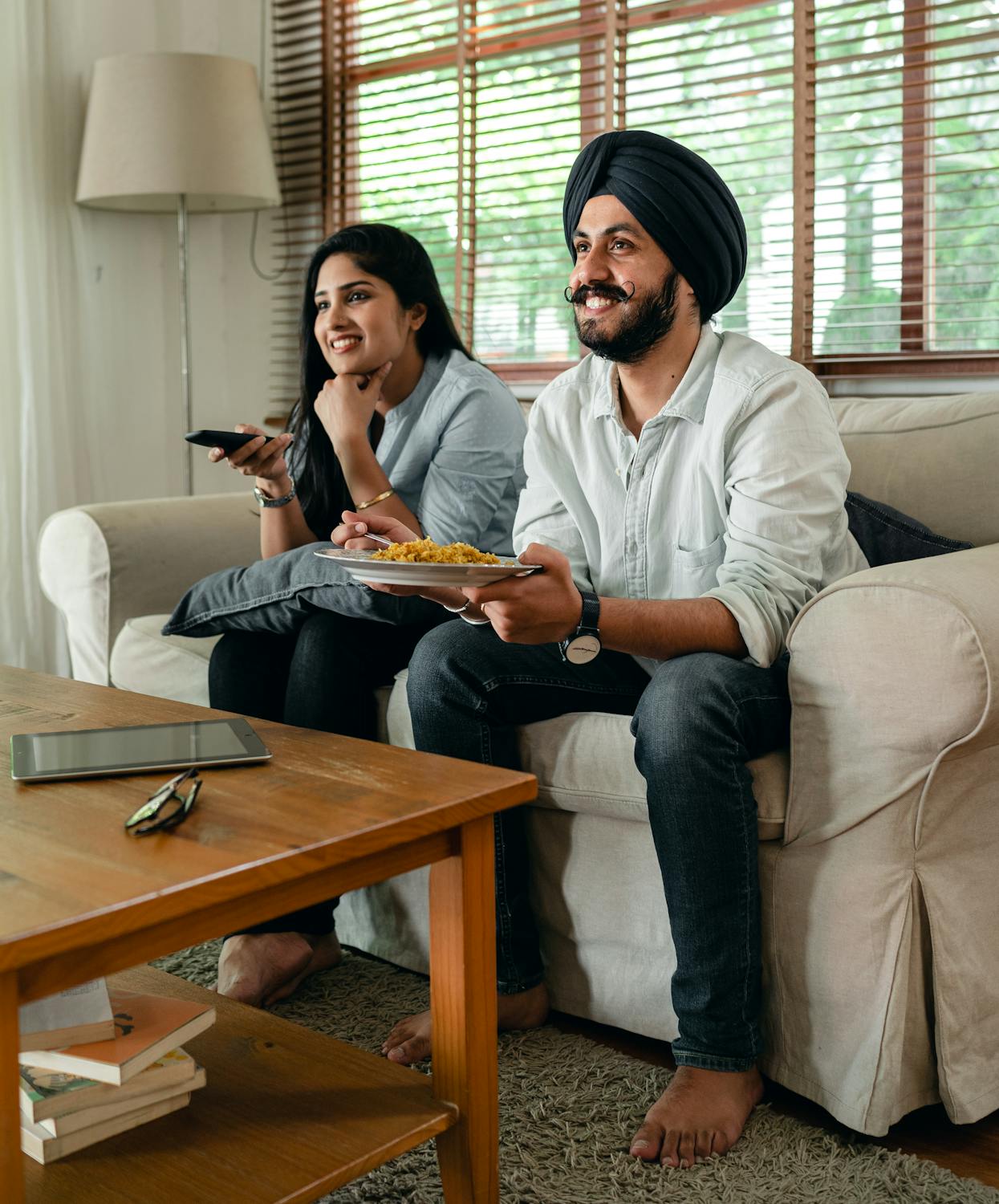Property
Commercial
Personal

"Many thanks to the Team at Finance and Mortgage Solutions which helped me to secure my bank loan without any fuss."
Resources
I'm assuming you are packing yourself.
Designate one corner of every room for day-to-day essentials. In reality, most people only use a tiny fraction of their possessions on a day to day basis... the toiletries and cosmetics needed to get through a given day, an average size pot and pan, and few dishes and glasses, a computer...you get the idea. Put all of the essentials in each room...in ONE corner of the room.
1. Choose one room at a time to focus on. Starting from the least important room...like the guest room or the living room, begin packing everything except for that one corner I just mentioned. Carefully wrap breakables before placing them in boxes. Mark each box 'Kitchen' or 'Master Bedroom' so when you get to your new home, you'll know which boxes go where and you'll be able to easily unpack. Once you pack up one room, move on to another.
2. Weed out. As you're packing, ONLY pack items you truly love and/or need. As you find things that don't, put them in a 'Donation Box' and donate every time that box is full. Don't move clutter with you!
3. Give yourself deadlines. Depending on how close your move is, you may need to give yourself deadlines for motivation. If you're moving in two months, give yourself a goal/deadline of one room packed up each week, for instance. If you're moving next week, you're going to have to up your goals/deadlines...and probably get family, friends, or hire someone to help you.
4. Make an 'Unpack Immediately' box...or two. The last box you're going to pack...is the first box you're going to want to unpack once you're in your new home. These items will likely be the items you've stashed in each room's corners as mentioned in my number one point above. In doing so, you'll be able to easily access all of your essentials... and you'll have more time and flexibility to unpack little by little afterwards.
Hope this helps. Good luck with your move! Do you need help moving financing the move into your dream home? Call Madhu on 0425 431 086 or contact us via the contact form.
1. Combine resources with a trusted friend or family member. A joint venture with a friend or family member can help you get started faster. Sharing with the deposit and purchase costs means you need less savings up front, plus your joint incomes can increase your ability to borrow more, affording a better investment property. This method can help you build your property portfolio faster, it will also provide you reduced the cash flow risk by sharing the ongoing repairs and unexpected surprises that may pop up. Nevertheless, to ensure that you are fully protected when buying through a joint venture, here is a list of some things to consider in a joint venture agreement.
2. Know the cash flow of the property. When you start your investments make sure that you find something that is manageable within your cash flow budget. Don’t just jump in on any property, know the expected cash flow of a property, both before and after your tax, before purchasing. This way you won’t be hit with unexpected or high running costs. There can be a big difference in the cash flow, especially after tax, between a new home and an older one. Managing your cash flow is the key to achieving your long term investment goals.
Still have questions about financing your deposit? Why not call Madhu on 0425 341 086 for an obligation free consultation. Alternatively feel free to contact us via the contact form to book in an appointment. http://www.financeandmortgage.com.au/contact-us/